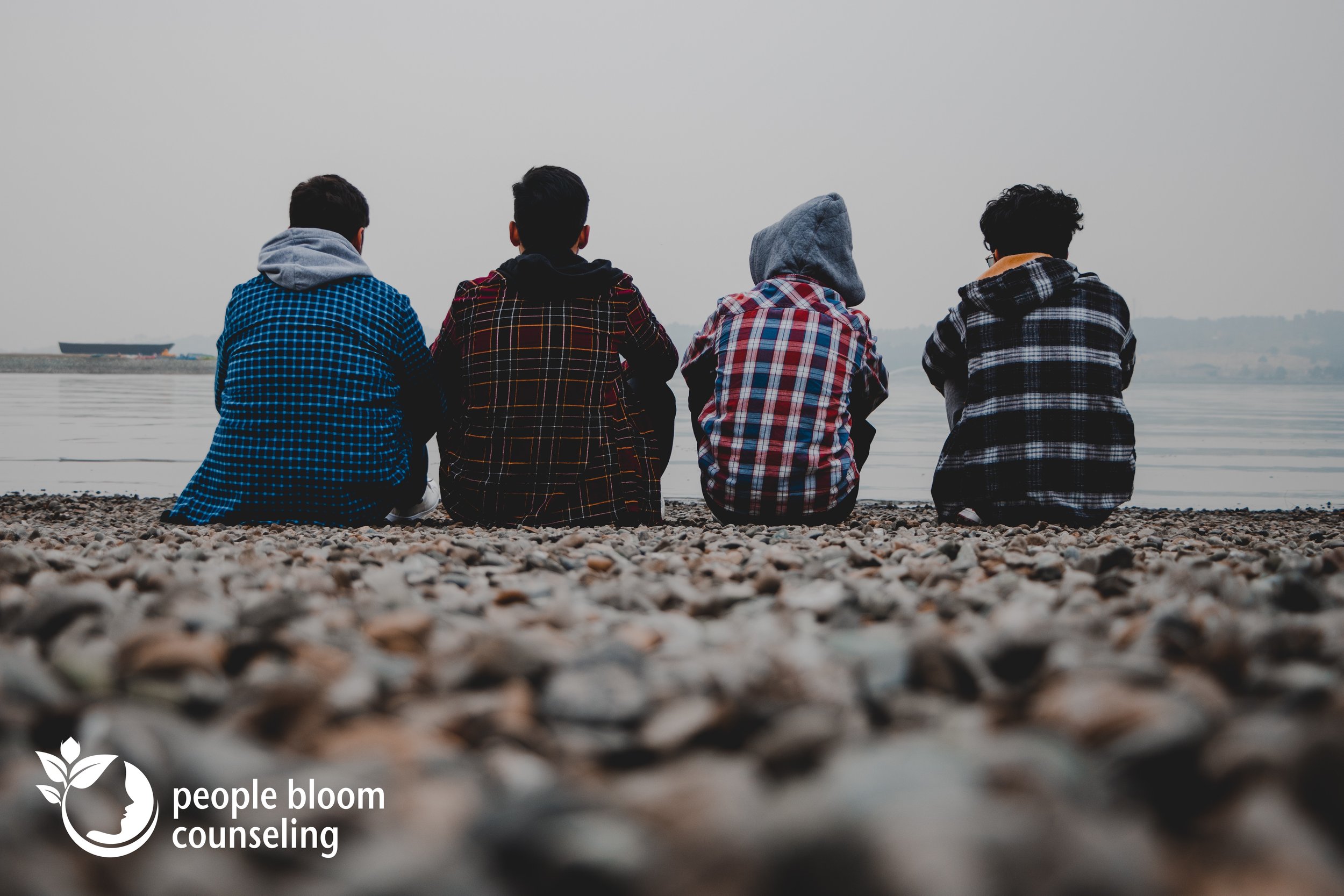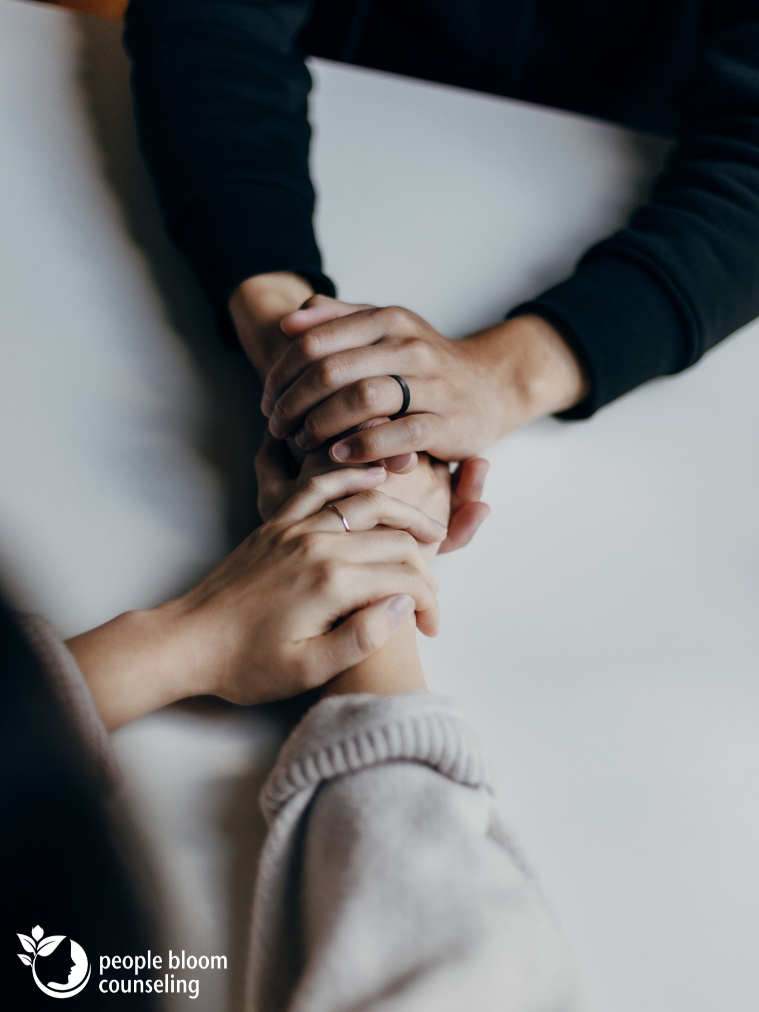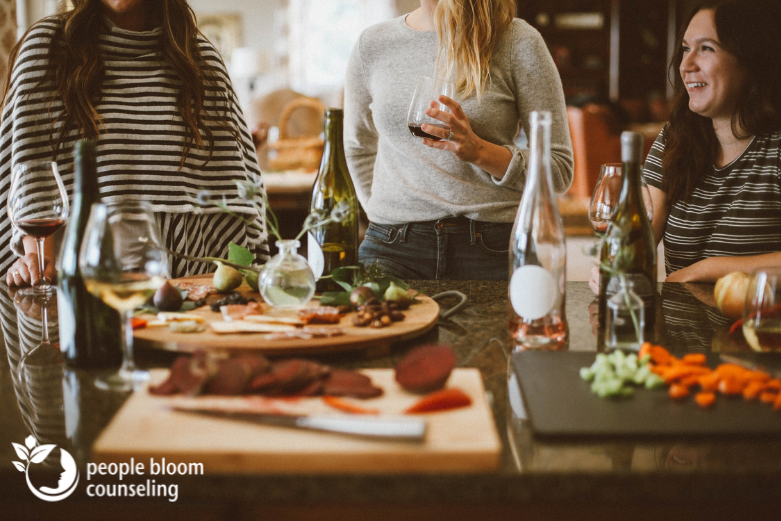Recently we hosted a friend and her family from college. Their family of three were traveling from the east coast. It was my first time meeting their kid, and I was looking forward to our late night conversations. Seattle weather was surprisingly cooperative for the few days they were here.
They were wonderful and very considerate guests. In fact, a little too considerate and apologetic.
The apology overload
You see, as with a young child, spills happen. They cleaned up quickly and there were no permanent damages, but the parents were very apologetic. Then came more apologies: They were staying out later and will be missing dinner. They were sorry for making noise in the early morning. They apologized for taking up space in our home.
At first, the constant apologies seemed polite. But soon, it became apparent that their frequent apologies were creating a subtle, but significant shift in our interactions.
As a therapist, I've often noticed how apologizing can sometimes be more than just a polite gesture. It's a complex social behavior that can, at times, place an unintended burden on the person being apologized to. When someone frequently apologizes, it often puts the onus on the other person to respond with reassurance, which can create an imbalance in the relationship.
In the case of my friend's visit, their continuous apologies began to make us feel uncomfortable. Instead of enjoying our time together, I felt compelled to constantly reassure them that everything was okay. What started as a relaxing visit evolved into something that required emotional labor on our part.
Reflecting on the experience
One evening, after yet another apology about their child being too rowdy, I felt drained. I didn't have the energy to address the issue at that moment, so I kept quiet. It wasn't until after they had left that I reflected on the situation. This experience highlighted how continuous apologizing, even when well-intentioned, can sometimes have unintended consequences.
I found myself repeatedly saying, “Oh, it’s not a problem…” “It really wasn’t a big deal…” “No worries…” “It’s okay…” Over time, offering constant reassurance became tiring and cumbersome.
It turned small matters into bigger issues than they needed to be.
Tips for healthier interactions
From my experience, here are a few thoughts around the use of apologies:
Apologize and move on: Acknowledge the mishap with a simple apology and then move on. Over apologizing is belaboring the point, and apologizing repeatedly for different things can get old after a while.
Fix the problem if there's one to fix: If there's an actual problem, take steps to address it. The spill was cleaned up. There was nothing more to do. And if there wasn’t an actual problem to be fixed…
Be okay with inconveniences: Understand that minor mishaps are a part of life. Little Darren had a nap and was as cooperative as he can be. We don’t expect any different. Let’s enjoy each other as we are.
All that to say, while apologies are an important part of social interactions, it's crucial to strike a balance. Over-apologizing can inadvertently place a burden on others to constantly reassure, which can strain relationships. Let’s acknowledge and move on, so we can focus on what really matters: our relationship.
Ready to navigate nuances in your relationships?
Join other clients who are making changes in their relationships and ways of relating. Our team of clinicians are here to help!
Ada Pang is the proud owner of People Bloom Counseling, a Redmond psychotherapy practice. She helps unhappy couples find safety and connection in their relationship. She also helps cancer thrivers and their caregivers integrate cancer into their life stories. She and her partner are getting better at hosting, and they hope to make people feel at home. There’s always something to learn…




















